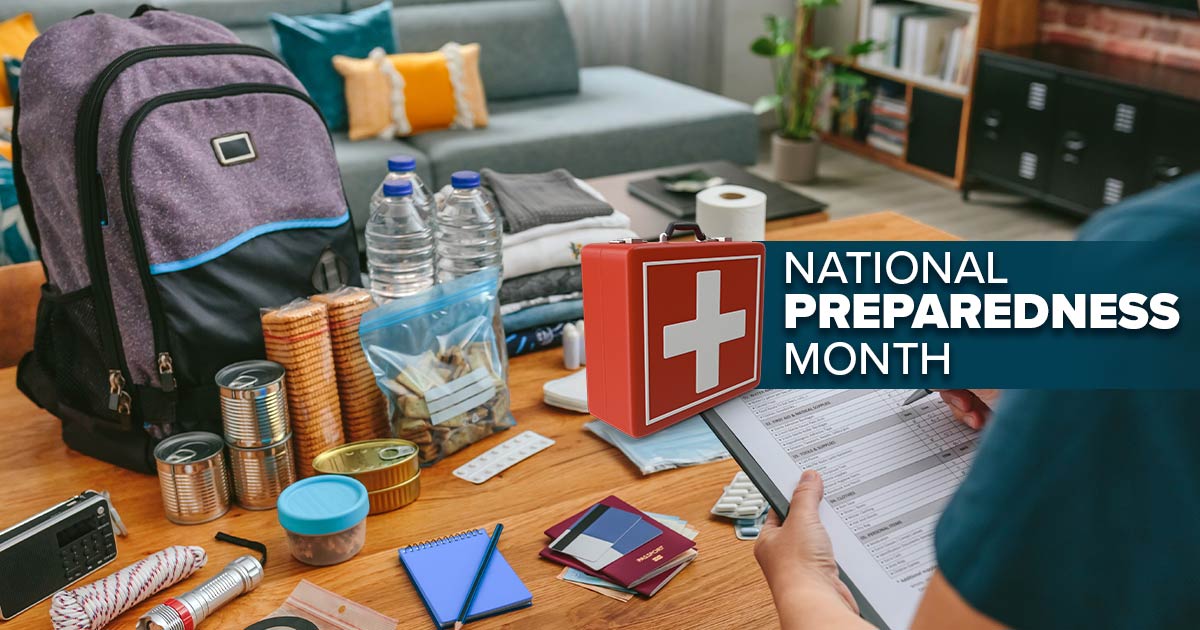National Preparedness Month: Places to Learn Essential Emergency Skills

When an emergency occurs, some people immediately panic, call 911, and are entirely reliant on first responders to handle the situation. First responders are incredible, and they do so much for our community, but they also can’t be everywhere at once.
On average, it takes first responders five to ten minutes to arrive on the scene. A lot can happen in that time. In certain situations, like when someone is choking or having an allergic reaction, it might even be too late.
Knowing basic first aid skills can save someone's life. That’s why we wanted to share some organizations specifically helping teach these skills:
Red Cross
The Red
Cross has several locations in every state. They provide first aid, CPR
and AED training, that can be learned either online in a simulation found on
their website, or in-person with a trainer. They also have flexible time slots
to fit everyone's schedule, making attending a class easy as you juggle your
day to day life. All of the courses are taught by trained professionals with up
to date information from their scientific advisory council. This is a great program
to join to learn these techniques and to receive your certificate of
completion.
FEMA
FEMA offers free training and education to help the public with the best ways to prepare for, respond to, and recover from a disaster or emergency.
- You Are the Help Until Help Arrives, designed by FEMA, offers both online and in-person training to learn the basics of how to save a life before first responders arrive.
- Take a free online independent study course through FEMA’s Emergency Management Institute and gain more knowledge to help your community become more prepared.
- Take FEMA’s OPEN training to prepare your Community Based Organization for emergency needs.
CERT
This program specializes in what to do in case of a major disaster (such as an earthquake), as well as teaching some other basic skills such as AED and CPR training. CERT discusses how in a major disaster, first responders go to the most critical areas first and will not be able to help every person at once. They give a reminder that it is up to you to be prepared to help yourself, your family, and your neighbors. They train individuals for free at weekly classes. This program also invites you to meet other graduates of the program in your community, so that you can stay connected and learn together!
Want to learn more about preparing helping your family prepare?
Learning emergency response skills is a crucial part of being prepared, but another important aspect is making sure you are financially prepared. As part of National Preparedness Month, we’ve been helping you learn to do this with tips on building your savings. To learn more about what it means to be financially free, check out our blog here.




